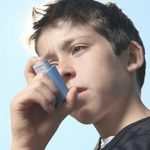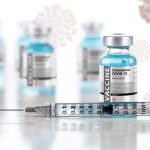
Improved inhalers are now available to help control asthma and treat sudden attacks, but a new study shows that hardly anyone’s using them. The new inhalers combine inflammation-fighting corticosteroids with a long-acting drug called formoterol that opens up the airways, researchers report. These combo inhalers are used twice a day to treat moderate to severe asthma, and they can also be used as a rescue inhaler during an asthma attack. Guidelines from both the National Asthma Education and Prevention Program and the Global Initiative for Asthma now recommend the use of what are called “SMART” inhalers. But fewer than 1 in 6 adults with moderate or severe asthma have been prescribed a SMART inhaler, and more than 2 of 5 lung and allergy specialists haven’t adopted the combo therapy, researchers found. “Our findings suggest current asthma management guidelines are not being routinely implemented or adopted by clinicians,” said senior study author Dr. Sandra Zaeh, a pulmonary and critical care medicine physician at Yale University School of Medicine. Previous guidelines have recommended the use of maintenance inhalers twice a day, in addition to a short-acting rescue inhaler containing a drug like albuterol that opens airways, researchers said. By 2021, U.S. guidelines had been updated to recommend Single combination corticosteroid and formoterol inhaler for both Maintenance And Relief Therapy (SMART). SMART inhalers available in the United States… read on > read on >


















